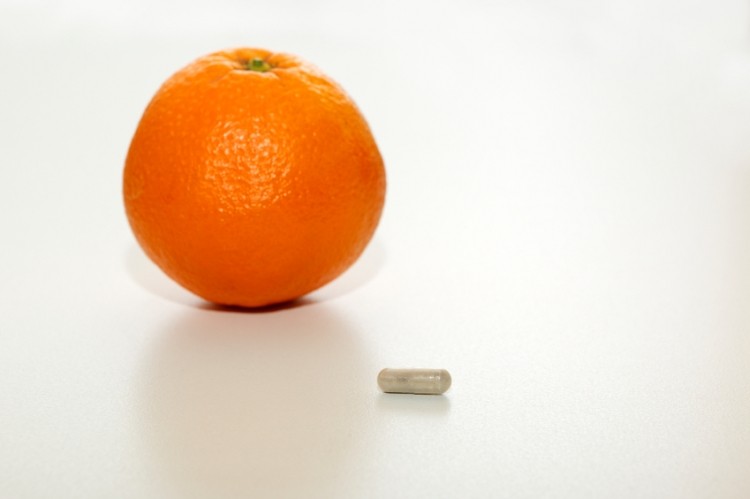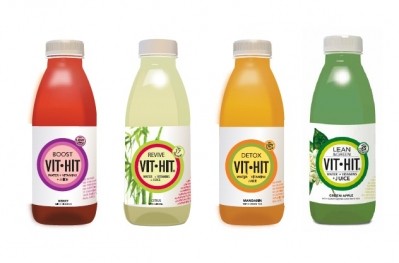Special edition: Immune support
Easy-win immune claims are vampires on tricky co-ingredients

Peter Wennstrom, president and consultant at the HealthyMarketingTeam, said this had become “common practice” but companies had to wise up to the consequences of going for such easy-win health claims.
“The ingredients you bring in to get the claim can be a vampire. It can take over the lifeline from the actual ingredient. And for consumers this doesn’t really generate trust.”
The only approved health claims relating to immunity in the EU were for vitamins and minerals zinc, folate, iron, selenium and vitamin A, B12, B6, C and D. Vitamin C also held a more specific immune claim for normal function during and after intense physical exercise.
So how is it then that dietary supplements positioned for immune health represented a retail value of $865.8m (€769.29m) in Europe in 2014, according to Euromonitor International. Looking at Western Europe alone, that’s the second most significant positioning for dietary supplements behind digestive health.
For Wennstrom, nutrition firms had to ensure this success was long term.
Low hanging fruit
He gave the example of Danone’s Actimel probiotic product for immunity, which began adding red fruits a few years ago in order to continue making immune heath claims based on the vitamin content.
New product development in the EU now meant looking at what claims were available and working back to the product concept. “You start with what’s approved.”
“You could say if you add vitamin C to a probiotic brand with an immunity positioning, that’s good for a brand because you can continue to have your immunity position. But if you don’t continue with education about the good and the bad bacteria, about probiotics, about the actual ingredient that gives the benefit then you will slowly and gradually undermine the credibility and the trust in the brand.”
Pro what?
The “role and relevance” of probiotics depended on this continued education.
No mean feat considering the term probiotic itself was banned in Europe as an implied unauthorised health claim and even images denoting digestive health benefits could be called into question.
This was part of a larger problem around the health claim regulation, Wennstrom said, since it did not allow communication to provide a bigger picture of why a certain ingredient was important for the body.
Sam Cordwell, head of category for VHMS at Holland & Barrett International, echoed this importance of education. Although he conceded that ultimately consumers could only use the information they were presented with, he said natural health buyers tended to do a lot of research online before buying and would “find what they wanted eventually”.
He said this was one of the reasons Holland & Barrett had started to build up content on its website.
Herbal combinations
This movement towards easy-win claims went beyond probiotics. A quick scan of Holland & Barrett’s immune support shelves revealed bioflavonoids with vitamin C, rosehip with vitamin C and black elderberry with various vitamins and minerals as examples.
Cordwell said the “vast majority of NPD we see in this space does use combinations in some way”.
For him though this was being seen across the board and was part of a shift away from single vitamins towards combination products.
Other botanicals like Echinacea stood alone. Cordwell said this was one example of a herbal 'surviving' thanks to the UK's herbal medicine framework, which meant because of its traditional herbal registration (THR) it could make a cold and flu claim.
Indecision and deviation on the kind of science needed to prove the efficacy of botanicals has seen around 2000 herbal health claims put on hold.
Yet Cordwell said: “Whilst regulations have shaken up the industry and made certain elements like marketing and labelling more challenging, the last five years of botanicals has seen some strong growth from new hero ingredients like Baobab, Yacon and Raspberry Ketones.
“Brands have had to become more focused on what they can say, building relevant and new stories around their permitted claims rather than relying on a historic association with one.”

















